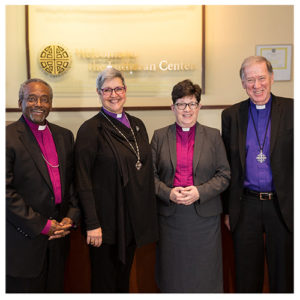Today’s post is from Savanna Sullivan, Program Associate for the Strategy on HIV/AIDS with the ELCA.
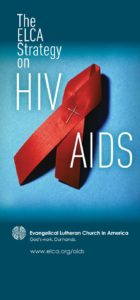 As Lutherans, we believe in the power of prayer. We believe in the power of song, of the gospel, of community. We believe in the power of worship.
As Lutherans, we believe in the power of prayer. We believe in the power of song, of the gospel, of community. We believe in the power of worship.
There is power in calling upon God to touch the lives of people or groups who society has stigmatized or ignored by name. There is power in asking forgiveness for the ways we as the church have contributed to the perpetuation of that stigmatization and marginalization. There is power in reaching out to God for health and wholeness and healing; and all of this is exactly what the ELCA Strategy on HIV and AIDS has tasked our church to do.
This Strategy was adopted by the ELCA Churchwide Assembly in 2009, and has since served as a guide to outline the ways we, in ministry, walk alongside all whose lives have been touched by HIV. Worship is a huge part of that ministry, and so we call upon ELCA congregations to be intentional in their inclusion of language that lifts up People Living with HIV specifically in worship services.
This year, our church will intentionally reflect on the call we accepted in the Strategy on HIV/AIDS on three separate days:
- On June 27th, National HIV Testing Day – we encourage all ELCA members to lead by example in their communities and get tested for HIV, and to talk about HIV with their families and congregations.
- On September 10th, “God’s Work, Our Hands” Sunday, we encourage ELCA congregations to spend this intentional day of service reaching out to organizations that serve People Living with HIV.
- On December 1, World AIDS Day, we encourage all ELCA congregations to take time to learn more about the HIV epidemic in the US and around the world, and to incorporate HIV-specific language into their Sunday worship services.
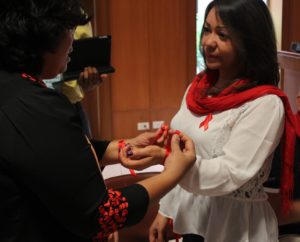
Join us! Below, you will find suggested petitions for prayers of the church that might be included in such a worship. (You will also find hymn suggestions and a World AIDS Day liturgy linked at the end of the post.) These petitions were written by different members of the ELCA churchwide staff, state public policy offices, and partner organizations – and identify many of the communities who disproportionally bear the burden of the HIV epidemic in the United States and around the world.
Suggested Prayer Petitions:
Abundant God, You gave us a beautiful world with enough for all, but we have selfishly squandered your gifts and erected walls that prevent others from enjoying these gifts.
By your grace, turn our hearts toward one another, so that we may walk together and work together, accompanying each other toward a world without hunger or disease, without HIV. We pray that the systemic barriers that keep us and our neighbors from health, from sustenance, and from one another may one day crumble; so that we may all break bread together as one body and be made full in your Holy name.
Lord, in your mercy. Hear our prayer.
- Phil LaDeur, ELCA World Hunger
We give thanks for the progress reached in understanding, reducing and treating HIV/AIDS. We also acknowledge that the pandemic of HIV/AIDS continues to be one of the most serious health concerns in the world.
We pray for individuals, families, and communities of color that are disproportionately impacted by this pandemic—both globally and domestically.
We pray for the silence, shame and stereotypes associated with HIV/AIDS to be broken. We pray that greater access in health care, treatment, testing, and education be provided.
We ask for a greater commitment from our church to educate, equip, and implement strategies to eliminate HIV/AIDS. We pray that our congregation be a house of hope and healing.
Lord, in your mercy. Hear our prayer.
- Judith Roberts, ELCA Racial Justice
We pray for those in the LGBTQIA community who have been affected by HIV. Hold in your gentle embrace those who have to hide their identity or their status out of fear and stigma. Shower with compassion and love those who face a new diagnosis, dating rejection, health issues, or long-term survivor’s guilt. Guide our hearts, O God of Healing, to work to remove barriers in our hearts and our communities for all those seeking care and understanding. In your Holy Name, we pray.
Lord, in your mercy. Hear our prayer.
- Leo Bancroft, ReconcilingWorks Board Member
You are a God of love, justice and compassion.
We pray for women who live with HIV/AIDS– especially those who feel overlooked. We pray for women who fight for the control of their own bodies, and women who have been victims of violence. Let their stories be heard with compassion and love. Grant us the love and compassion to create a space to listen and support each other.
Lord in your mercy. Hear our prayer.
- Marit Johnson, ELCA Justice for Women and Lutheran Volunteer Corps
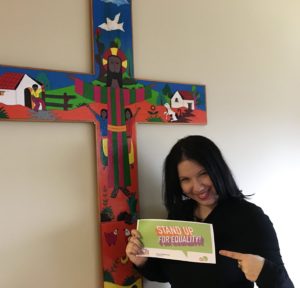
Additional Resource:
Includes World AIDS Day liturgy, hymn suggestions, scriptural suggestions, and links to ecumenical resources.
http://download.elca.org/ELCA%20Resource%20Repository/World_AIDS_Day.pdf
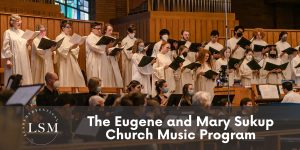
 Music that Makes Community
Music that Makes Community
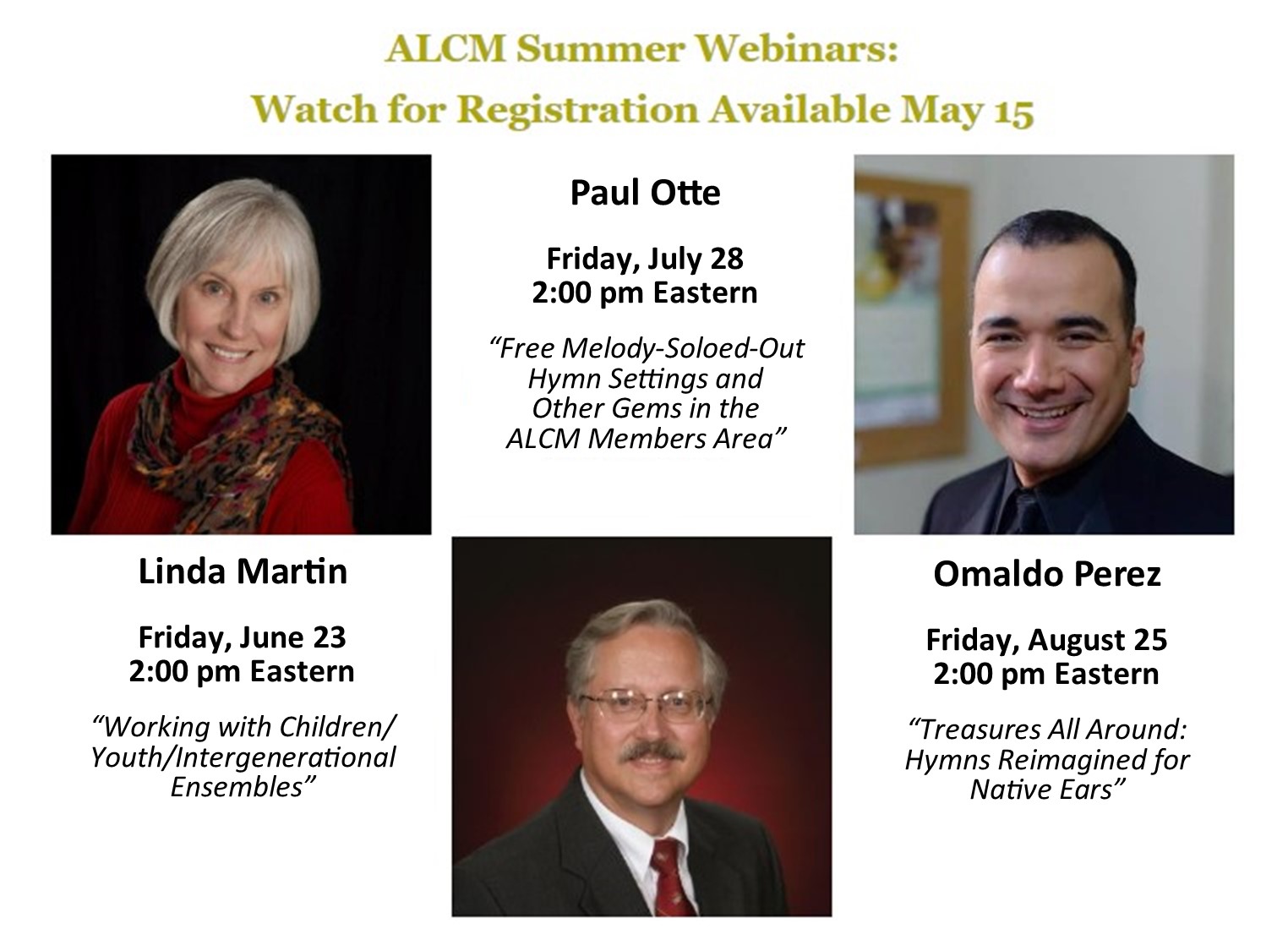
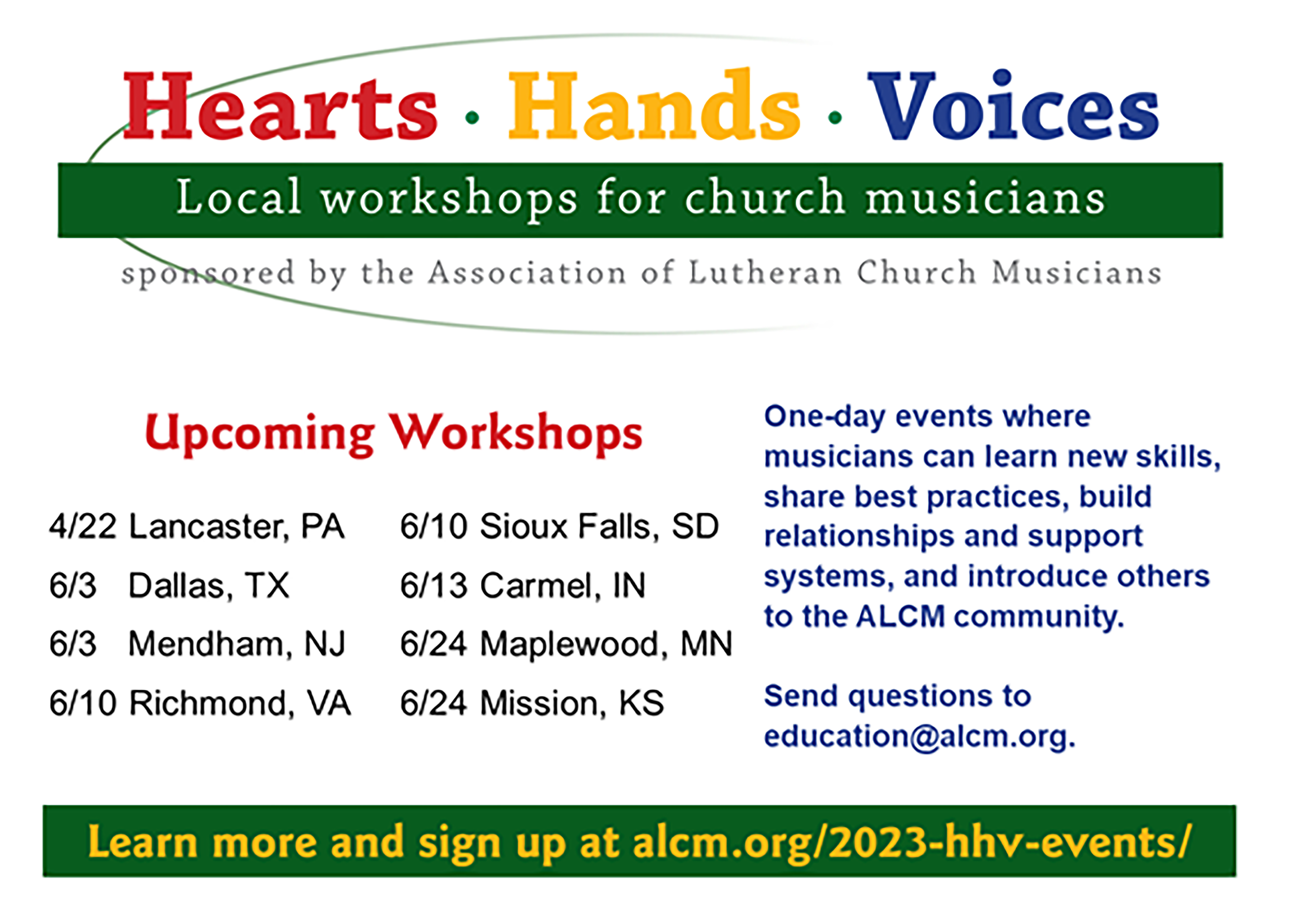
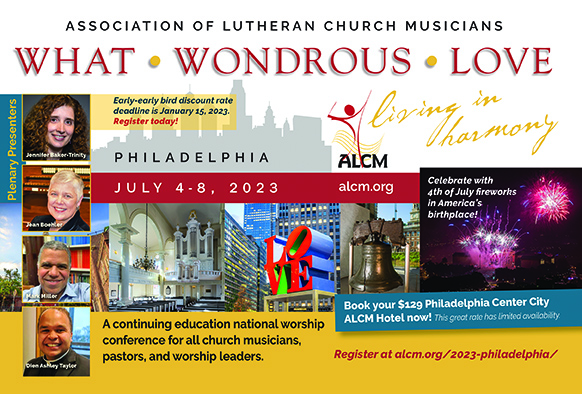
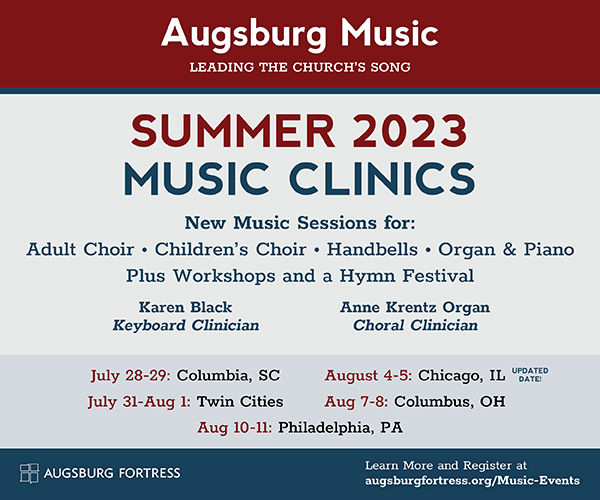
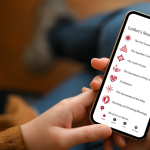

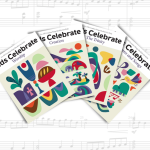
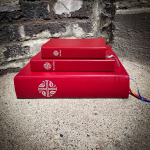

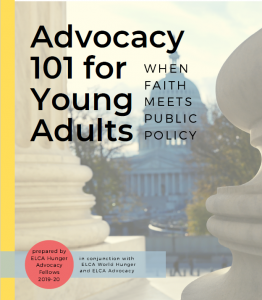
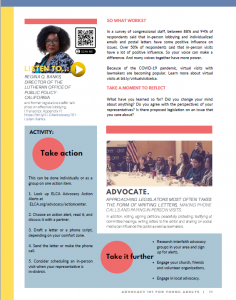
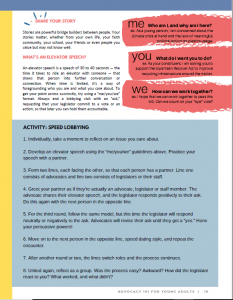
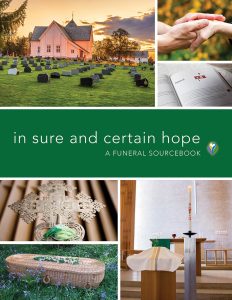
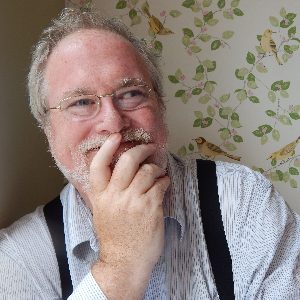 For churches with questions about how to comply with copyright law, Augsburg Fortress has an archived webinar on copyright: Churches and Copyright: How to be a weekend publisher without going to prison. The webinar, presented by Augsburg Fortress’ Copyright Specialist Michael Moore (pictured), takes about an hour, and deals with copyrights, licenses, and the rights and responsibilities of churches when it comes to how to license content the church would like to use, but which is under copyright.
For churches with questions about how to comply with copyright law, Augsburg Fortress has an archived webinar on copyright: Churches and Copyright: How to be a weekend publisher without going to prison. The webinar, presented by Augsburg Fortress’ Copyright Specialist Michael Moore (pictured), takes about an hour, and deals with copyrights, licenses, and the rights and responsibilities of churches when it comes to how to license content the church would like to use, but which is under copyright.
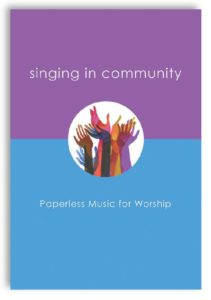
 As Lutherans, we believe in the power of prayer. We believe in the power of song, of the gospel, of community. We believe in the power of worship.
As Lutherans, we believe in the power of prayer. We believe in the power of song, of the gospel, of community. We believe in the power of worship.

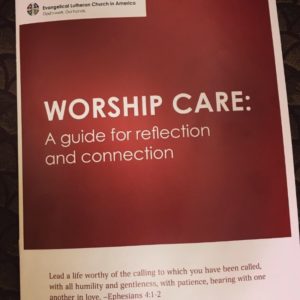 Here is a little more information about what Worship Care is and how you can use it in your context.
Here is a little more information about what Worship Care is and how you can use it in your context.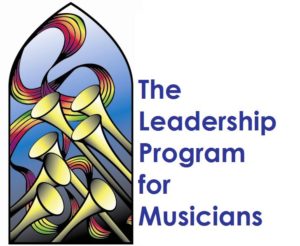
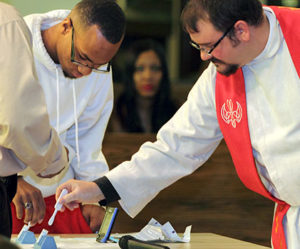 future. This year marks 35 years since the first reported case of what would come to be known as AIDS in the United States by the Centers for Disease Control. Since that time, we have learned much more about effective treatment and prevention. However, there is much progress to be made. HIV continues to affect many in our communities and throughout the world, including more than 1.2
future. This year marks 35 years since the first reported case of what would come to be known as AIDS in the United States by the Centers for Disease Control. Since that time, we have learned much more about effective treatment and prevention. However, there is much progress to be made. HIV continues to affect many in our communities and throughout the world, including more than 1.2